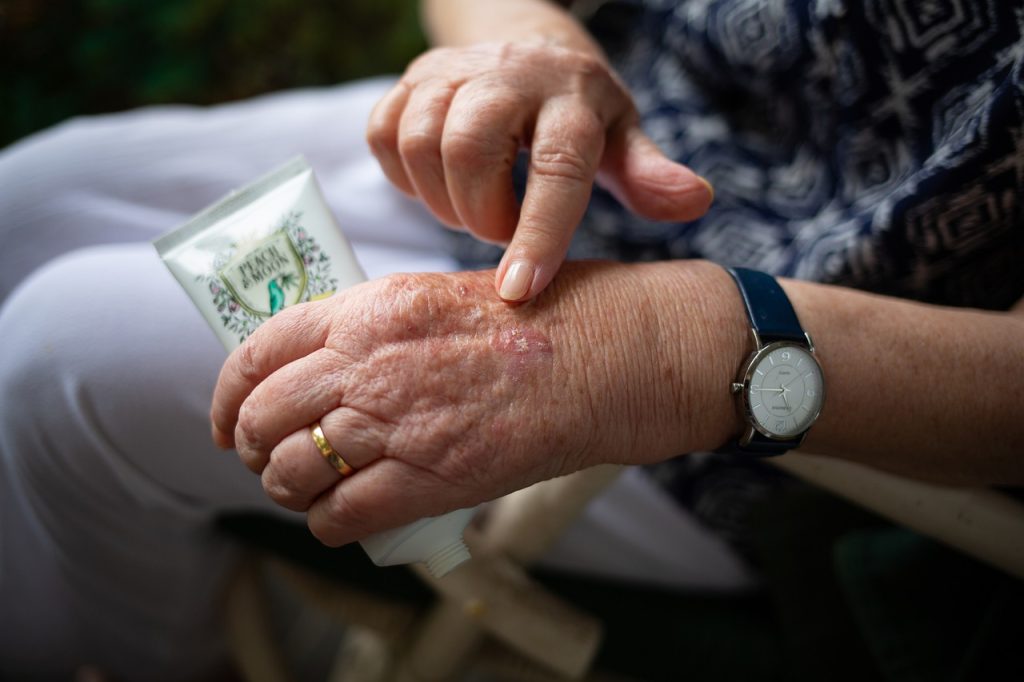Despite Disagreement, WHO Sounds Highest Alert for Monkeypox

On 22 July, World Health Organisation (WHO) director general Dr Tedros Adhanom Ghebreyesus declared the global spread of monkeypox a Public Health Emergency of International Concern (PHEIC) – a move which went against the recommendation of a special committee. This was the first time since the PHEIC’s inception in 2005 that it had done so. The special committee’s reluctance to recommend a PHEIC has previously drawn criticism from public health experts.
The 21 July meeting of WHO’s Emergency Committee, did not reach a consensus on whether to declare the growing monkeypox outbreak a PHEIC; a narrow majority voting against doing so. But Dr Tedros invoked a PHEIC at a press conference the next day in Geneva. “We have an outbreak that has spread around the world rapidly, through new modes of transmission, about which we understand too little and which meets the criteria in the International Health Regulations,” he said.
Data presented during the meeting including modelling which showed the basic reproduction number (R0) to be above 1 among gay or bisexual men, and below 1 in other groups. For example, in Spain, the estimated R0 is 1.8, in the United Kingdom 1.6, and in Portugal 1.4.
In June, the committee first recommended against declaring a PHEIC , which was roundly criticised by epidemiologists and global health experts. Dr Tedros reconvened the group this week and asked it to reconsider the question. Nine members were against declaring a PHEIC and six in favour, Dr Tedros said at the press conference.
According to Science, the Thursday meeting of the expert panel was followed by tense exchanges via email and text messages between its participants.
One of the objections to a PHEIC was that few deaths had been caused by the disease so far and was not spreading in the general population. Another was that a PHEIC could possibly lead to further stigmatisation of men who have sex with men (MSM), the group primarily affected.
Many gay rights and sexual health advocates were for the PHEIC, as it would help raise awareness and help protect the most at-risk group of MSM.
“Although I’m declaring a public health emergency of international concern, for the moment, this is an outbreak that’s concentrated among men who have sex with men, especially those with multiple sexual partners,” Dr Tedros said. “That means that this is an outbreak that can be stopped with the right strategies in the right groups.”
Those who push for declaring a PHEIC also cited the rising number of monkeypox cases (over 15 000) and the countries affected (70), and that many cases are likely still not being picked up. The virus could also potentially establish itself permanently worldwide – indeed, the CDC reported that two children in the US had been infected.
Sources familiar with the deliberations of the committee said the votes for a PHEIC were driven by those with expertise in monkeypox and LGBT health, and those against by more generalist global heath voices.
According to Science, sources familiar with the committee’s deliberation said that those in favour of a PHEIC had monkeypox and LGBT health expertise, and those against were from a global health standpoint.
While a PHEIC can give the WHO some extra powers, it is the loudest level of alert it can sound. Since its creation in 2005, PHEIC has been declared six times: for outbreaks of H1N1 influenza, polio, Zika, COVID (ongoing), and twice for Ebola outbreaks (one ongoing).
Source: Science.org





